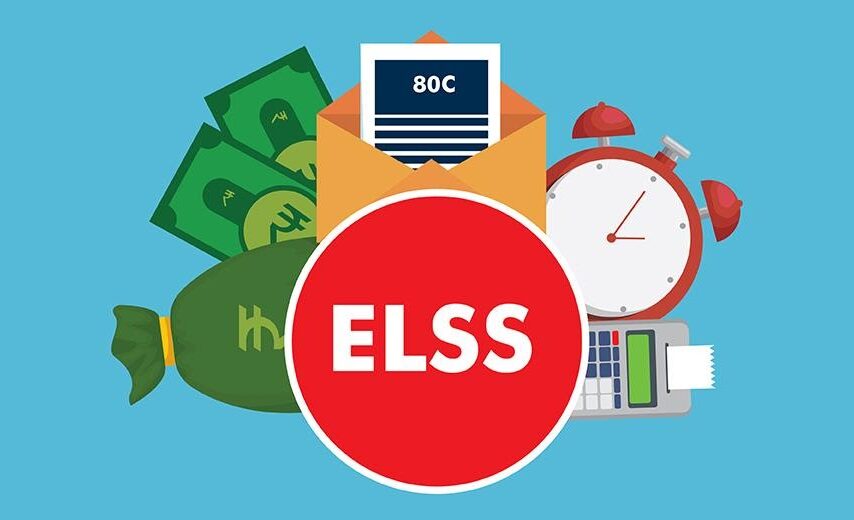ELSScan be a valuable addition to a diversified investment portfolio, offering tax benefits along with the potential for wealth creation through equity investments. Mutual funds India offers two forms of investing in ELSS – passive and active – Passive ELSS funds are ETF mutual funds. While there are numerous benefits of ELSS mutual funds, we also need to look at the drawbacks for getting a better understanding on what to be careful from. Here are a few as listed below:
1. Market Risk:
ELSS mutual funds invest primarily in equities, exposing investors to market volatility. The value of the fund can fluctuate based on the performance of the stock market. During bearish phases, the fund may experience declines, affecting the overall portfolio value. Hence, the investor should ideally invest for the long term and be patient with it, to get the best results.
2. Lock-in Period:
Although the lock-in period of three years is relatively short compared to other tax-saving instruments, it might be a disadvantage for those seeking liquidity in the short term. Investors cannot redeem their ELSS units before the completion of the lock-in period, which may be a concern during financial emergencies.
3. Returns not guaranteed:
ELSS being a mutual fund investment, like all equity investments, do not guarantee returns. While they have the potential for higher returns compared to other asset classes like debt instruments, etc. the actual performance depends on market conditions. Investors should be prepared for variability in returns.
4. Limited Exposure to other asset classes:
ELSS mutual funds are predominantly equity-focused, which may result in a lack of diversification. If an investor seeks a more balanced or conservative portfolio with exposure to other asset classes like debt or gold, ELSS mutual funds alone may not suffice. Hence, it is best to have other mutual funds also alongwith ELSS, in order to have a balanced investment portfolio in hand.
5. Tax Implications on Dividends:
While capital gains from ELSS mutual fund investment are tax-free up to Rs 1 lakh in a financial year, dividends (now known as IDCW) received from ELSS mutual fund schemes are taxed as per the investor’s income tax slab. This tax can reduce the effective returns for investors.
7. Not Suitable for Short-Term Goals:
ELSS mutual funds are designed for long-term investment horizons due to the lock-in period. If you have short-term financial goals or require liquidity within a few years, ELSS may not be the most suitable option.
8. Sensitivity to Economic Conditions:
Equity markets are sensitive to economic conditions, both domestically and globally. Economic downturns or unfavourable economic policies can adversely affect the performance of ELSS funds.
A type of fund that investors can consider for diversifying their portfolio while enjoying the tax rebate can be ELSS ETF. An ETF is a type of investment, to invest in which you need to have a trading and demat account. It is designed to track the performance of a specific index, sector, commodity, or a basket of assets. ETFmutual funds are traded on stock exchanges only, allowing investors to buy and sell shares throughout the trading day at market prices. Also, ETF schemes, being passive funds, are low-cost investment option.
While ELSS mutual funds offer tax benefits and the potential for wealth creation through equity exposure, it’s crucial for investors to be aware of the associated disadvantages. Careful consideration of individual financial goals, risk tolerance, and investment horizon is essential to determine whether ELSS aligns with one’s overall investment strategy. Diversification across various asset classes, including ETF, as they are low cost passive funds and a clear understanding of market risks can help mitigate some of the potential drawbacks associated with ELSS.







